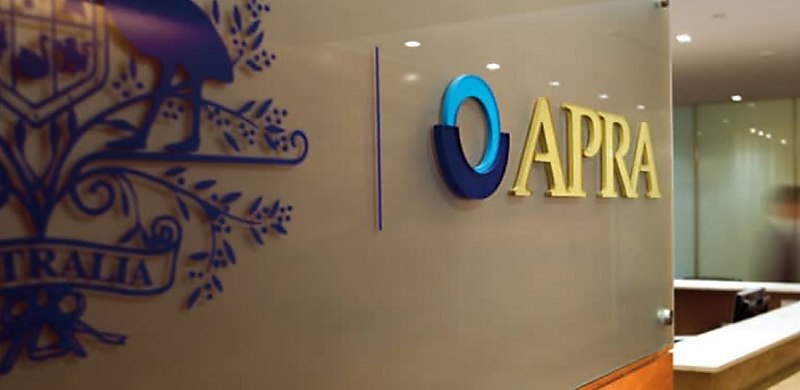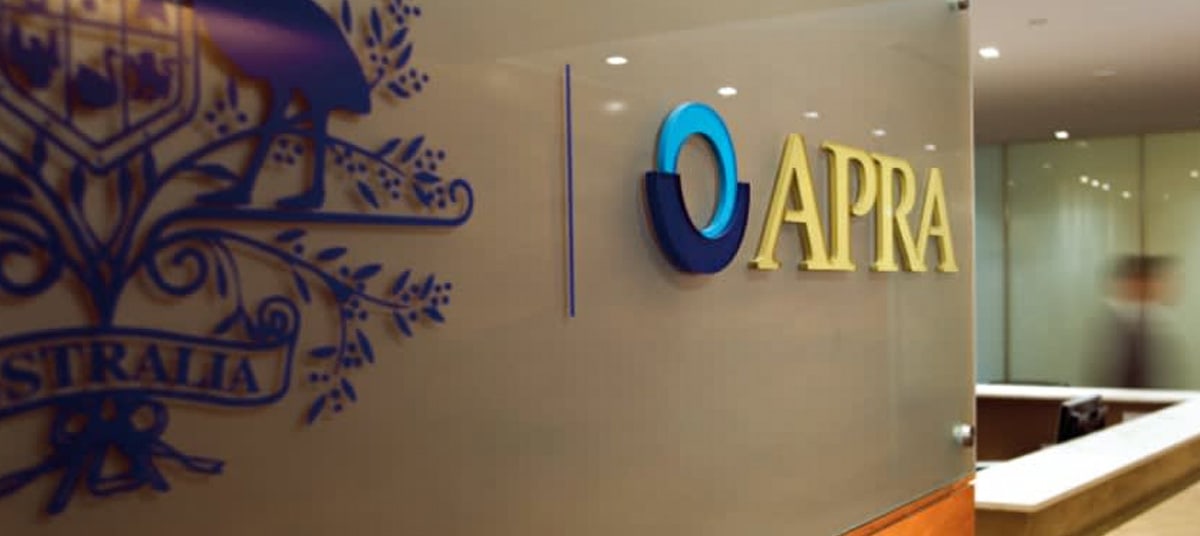
The regulator has written to banks for feedback on proposed changes to student debt repayments.
The Australian Prudential Regulation Authority (APRA) has begun consulting on proposed changes to how banks treat Higher Education Loan Program (HELP) debt repayments when assessing home loan applications.
As requested by the federal Treasurer Jim Chalmers, the regulator is considering updating its guidance to make it easier for those with student debt to get a home loan.
In a bid to improve clarity for banks and borrowers on rules and guidance governing HELP repayments, the regulator wrote to banks on Thursday (20 February) seeking feedback on the following adjustments:
- Removing HELP debts from debt-to-income reporting.
- Clarifying that banks may exempt a loan applicant’s HELP debt from their serviceability assessment in cases where a borrower is expected to pay off their HELP debt in the near term.
Subject to feedback, APRA expects the final changes to be formally incorporated into APRA’s prudential framework in the second half of the year, with authorised deposit-taking institutions (ADIs) meeting the updated reporting requirements for the September 2025 quarter reporting period.
In the letter sent to banks, the watchdog said it wanted to provide additional regulatory clarity, which should support a more consistent approach across the banking system.
It said that by confirming the flexibility available to banks when considering the circumstances of borrowers planning to repay HELP debts, it expected this to enable some borrowers to secure a home loan earlier.
APRA said its baseline expectation was that ADIs should continue to consider HELP repayments in serviceability assessments, especially where the HELP debt is not expected to be repaid in the near term.
Additionally, APRA said that it expects ADIs to use exceptions to policy only if these exceptions are “managed prudently and are limited”.
APRA currently has no specific rules or guidance in relation to HELP repayments beyond asking banks to include HELP debts when reporting data on debt-to-income ratios.
However, industry practice is for banks to consider HELP debts when assessing a home loan applicant’s ability to service a loan.
While APRA said it believes this is “generally appropriate”, it also acknowledged that “HELP debts are different to most other debt obligations because a borrower’s repayment obligations are determined by their income and not by the size of their debt or interest rates”.
Commenting on the proposed changes, APRA member Therese McCarthy Hockey said: “APRA appreciates the important role of the Australian banking system in extending finance to creditworthy borrowers as well as the increasing difficulty many homebuyers face purchasing a home.
“The changes we are proposing today should support a more consistent approach across the sector by confirming the flexibility available to banks to consider the individual circumstances of borrowers with HELP debts.
“They may also help make it a little easier for some borrowers with HELP debts to purchase homes at an earlier time.”
APRA bows to political pressure
The decision by APRA to explore reforms follows last week’s announcement from federal Treasurer Jim Chalmers who called on regulators to make it easier for Australians with student debt to take out a mortgage and buy a home.
In a statement released on Wednesday (12 February), Chalmers confirmed he had instructed both the Australian Securities and Investments Commission (ASIC) and APRA to update their guidance regarding the way HELP debts are treated by lenders.
The Treasury said that APRA would start consultation on the treatment of HELP debts in serviceability requirements and debt reporting.
Current responsible lending rules require lenders to assess student debt in the same way as they would any other debt, such as credit card debt or a personal loan.
This is despite the student debt not needing to be repaid if the holder is unemployed or making less than $54,435 in 2024–25 or $67,000 in 2025–26.
However, brokers have frequently said that this interpretation has created another barrier for first home buyers as the debt drastically reduces serviceability.
[Related: Major changes to HECS home loan rules]

